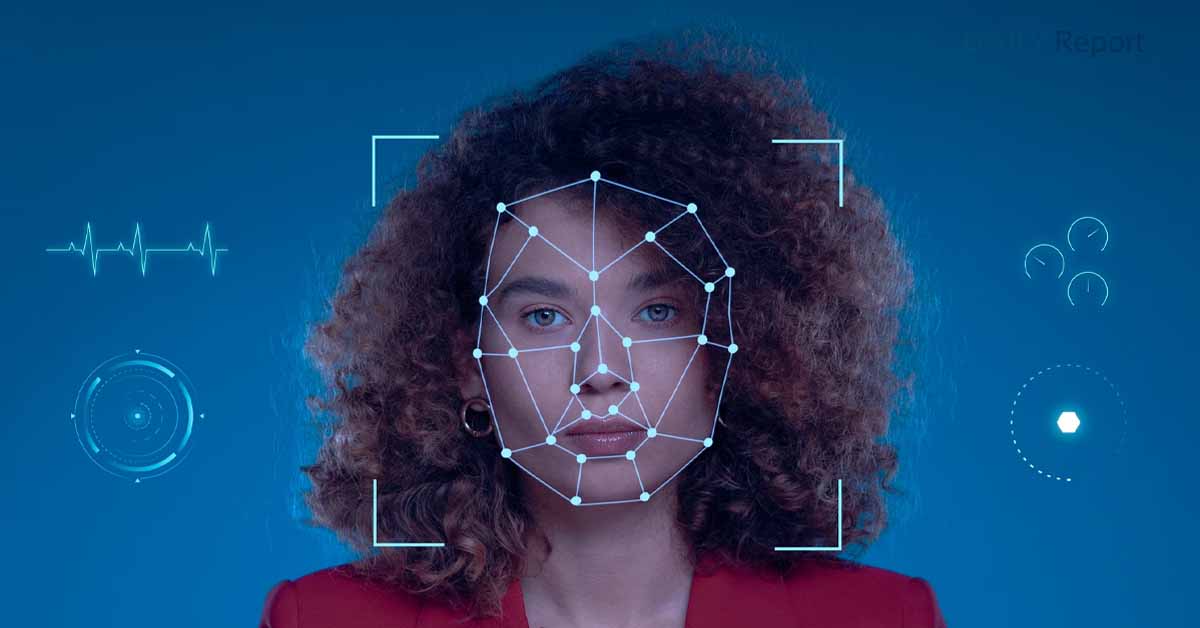The Ethics of Facial Recognition Technology: Balancing Security and Privacy 2023
Advancements in technology have transformed various aspects of our lives, including the way we perceive security and privacy. One such technology that has gained significant attention and controversy is facial recognition technology. While facial recognition offers promising solutions for security purposes, its ethical implications have sparked a heated debate about striking a balance between security and privacy. In this blog post, we will delve into the ethics of facial recognition technology, examining its potential benefits, the concerns it raises, and the importance of finding a harmonious equilibrium between security and privacy.
Understanding Facial Recognition Technology
Facial recognition technology is a biometric system that uses artificial intelligence algorithms to identify and verify individuals based on their unique facial features. It works by capturing facial images or video footage and matching them against a database of stored faces. This technology has found applications in various domains, such as law enforcement, surveillance systems, airport security, access control, and even social media platforms.
The Promise of Enhanced Security
One of the main arguments in favor of facial recognition technology is its potential to enhance security. Proponents argue that it can help law enforcement agencies identify and locate criminals, prevent terrorist attacks, and locate missing persons more efficiently. By swiftly identifying individuals, it has the potential to reduce crime rates and increase public safety. Moreover, facial recognition can be used in border control and airport security to expedite the identification process, thereby enhancing overall efficiency.
Challenges to Privacy
While facial recognition technology offers potential benefits, it also raises significant concerns regarding privacy. One of the key issues is the potential for misuse and abuse of the technology. There have been cases where facial recognition systems have been used to target specific groups, leading to discrimination and violations of civil liberties. For instance, marginalized communities might be disproportionately affected due to biased algorithms or insufficient representation in the training data, leading to false identifications and wrongful accusations.
Furthermore, the widespread deployment of facial recognition technology can result in the erosion of privacy in public spaces. Individuals may feel constantly monitored and under surveillance, which can have a chilling effect on freedom of expression and the right to privacy. Moreover, the aggregation of facial recognition data poses risks of unauthorized access, hacking, and data breaches, compromising individuals’ personal information.
Bias and Inaccuracy
Another ethical concern associated with facial recognition technology is its potential for bias and inaccuracy. These systems are trained on datasets that may not be diverse or representative enough, leading to biases against certain demographics, such as people of color or individuals with disabilities. The consequence of biased algorithms is the perpetuation of existing societal biases and unfair targeting of specific groups. Inaccuracy is also a concern, as false positives and false negatives can have severe consequences, such as wrongful arrests or the failure to identify individuals engaged in criminal activities.
Consent and Lack of Control
One critical aspect of the ethics of facial recognition technology revolves around consent and the lack of control individuals have over their biometric data. In many cases, individuals are subjected to facial recognition without their knowledge or explicit consent. This lack of control raises questions about autonomy and the right to privacy. Individuals should have the agency to decide how their personal data, including their facial images, is collected, stored, and used. Transparent policies and regulations must be in place to ensure informed consent and protect individuals’ rights.
Striking a Balance
Finding a balance between security and privacy is crucial when it comes to facial recognition technology. While there are valid concerns about privacy and potential abuses, it is essential not to dismiss the potential benefits that this technology can offer. Instead, a comprehensive approach is needed to address the ethical challenges.
First and foremost, it is crucial to ensure transparency and accountability in the development and deployment of facial recognition systems. Governments, regulatory bodies, and organizations must establish clear guidelines and regulations to govern
the use of facial recognition technology. This includes enforcing strict data protection measures, requiring explicit consent for data collection, implementing unbiased algorithms, and conducting regular audits to identify and rectify any biases or inaccuracies.
Additionally, public dialogue and engagement are essential for shaping the ethical use of facial recognition technology. Discussions involving policymakers, technology experts, civil society organizations, and the general public can lead to more informed decisions and policies. Such conversations should focus on the potential risks, benefits, and trade-offs associated with facial recognition technology, as well as the development of safeguards to protect privacy and prevent abuse.
Conclusion Ethics of Facial Recognition
Facial recognition technology has the potential to revolutionize security systems, but it also raises ethical concerns that cannot be ignored. Balancing security and privacy is a complex task that requires careful consideration, transparency, and accountability. By addressing issues related to bias, accuracy, privacy, and consent, we can strive to develop and deploy facial recognition technology ethically. It is only through a comprehensive and inclusive approach that we can harness the benefits of this technology while upholding fundamental rights and values in our society.






